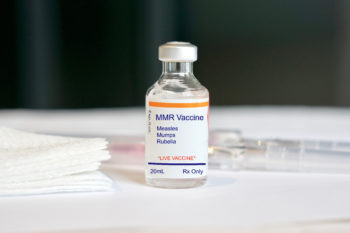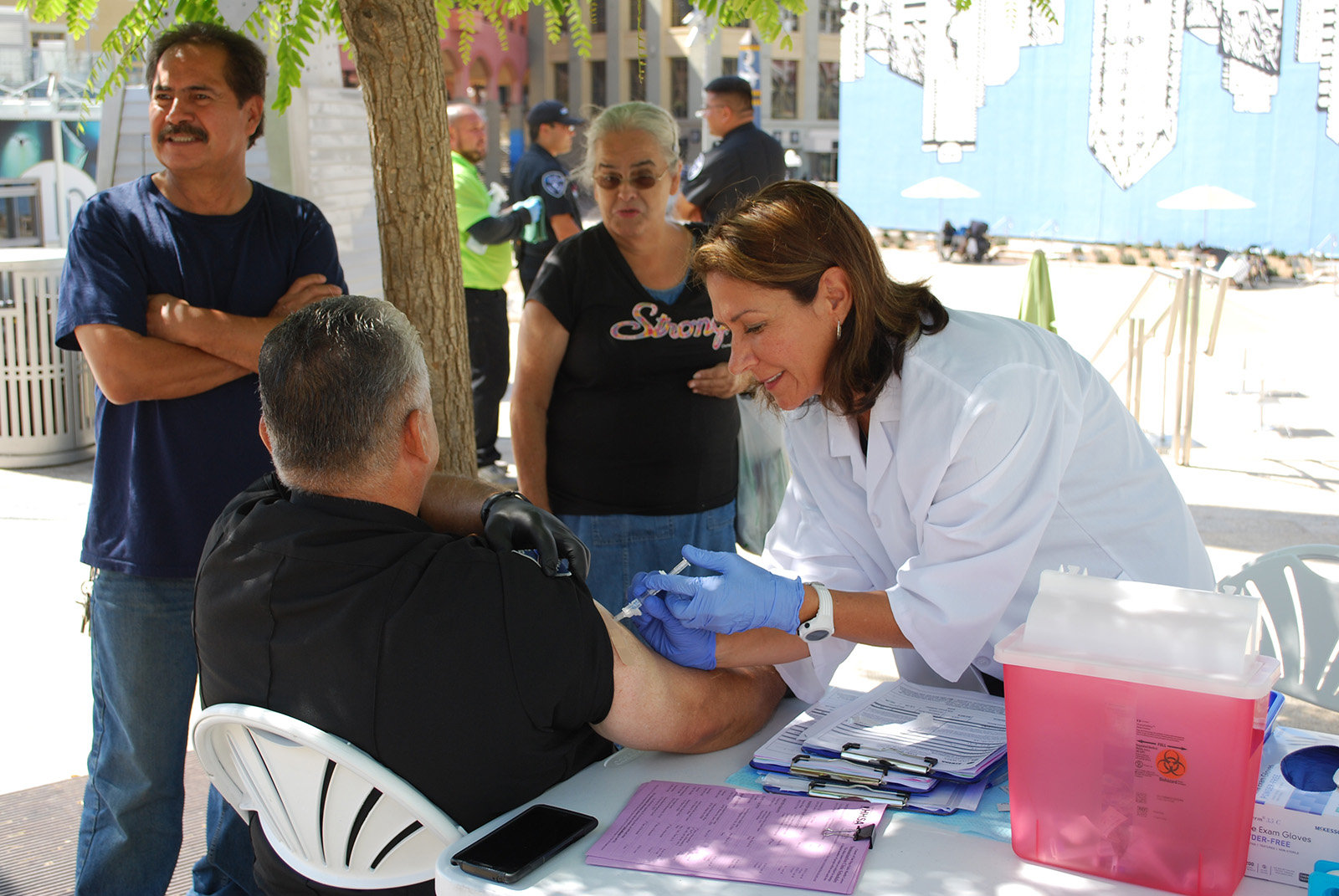A 49-year-old woman from Spring Valley has been confirmed as the first person in San Diego County in 2017 to test positive for West Nile virus, County Health and Human Services Agency announced Friday.
The woman became ill with a headache and rash on the fourth day of a trip outside the country. Because illness can occur between two and 14 days after being bitten by a mosquito, it is not clear whether the woman became infected with West Nile virus locally. The woman was not hospitalized and has fully recovered.
The news prompted County officials to remind people to remember to protect themselves from mosquitoes that can transmit West Nile virus and other diseases.
West Nile virus is mainly a bird disease but can be transmitted to people by native San Diego County mosquitoes that first feed on an infected bird or animal and then a bite a person.
The vast majority of people who become infected with West Nile virus never know it and never suffer any symptoms. About two out of every 10 people who get infected suffer mild symptoms including headache, fever, nausea, fatigue, skin rash or swollen glands. But in rare cases, West Nile virus can make people extremely ill and even kill them.
In 2016, 22 San Diego County residents tested positive for West Nile virus and two people died. In California in 2016, 442 people got sick from West Nile virus and 19 people died. So far this year in California, 231 people have gotten ill from West Nile virus and 12 have died.
Although the Spring Valley woman is the first person in San Diego County to test positive for West Nile virus this year, the virus has been present in the local environment.
This year, County Vector Control has recovered 32 dead birds that have tested positive for West Nile virus and eight batches of mosquitoes from around the county. Vector Control also announced this week that a horse in Escondido has tested positive for the virus. There is a vaccine for horses, but there are no vaccines for people.
County public and environmental health officials said the best way for people to protect themselves against the virus was to follow the County’s Prevent, Protect, Report guidelines. These guidelines can also help county residents protect themselves from invasive Aedes mosquitoes that can transmit tropical diseases, including Zika, dengue and chikungunya, if they first bite an infected person and then feed on people.
Prevent mosquito breeding
Dump out or remove any item inside or outside of homes that can hold water, such as plant saucers, rain gutters, buckets, garbage cans, toys, old tires, and wheelbarrows. Mosquito fish, available for free by contacting the Vector Control Program, may be used to control mosquito breeding in backyard water sources such as unused swimming pools, ponds, fountains and horse troughs.
Protect yourself from mosquito bites
Protect yourself from mosquito-borne illnesses by wearing long sleeves and pants or use repellent when outdoors. Use insect repellent that contains DEET, picaridin, oil of lemon eucalyptus, or IR3535. Make sure screens on windows and doors are in good condition and secured to keep insects out.
Report possible mosquito activity
Report increased mosquito activity, or neglected, green swimming pools and other mosquito-breeding sources, as well as dead birds — dead crows, ravens, jays, hawks and owls — to environmental health’s Vector Control Program by calling (858) 694-2888 or emailing vector@sdcounty.ca.gov. Also report if you are being bitten by mosquitoes during daylight hours, or if you find mosquitoes that match the description of Aedes mosquitoes by contacting the Vector Control Program at (858) 694-2888.
For more information about mosquito-borne illnesses, go to San Diego County’s “Fight the Bite” website.






_4.jpg)